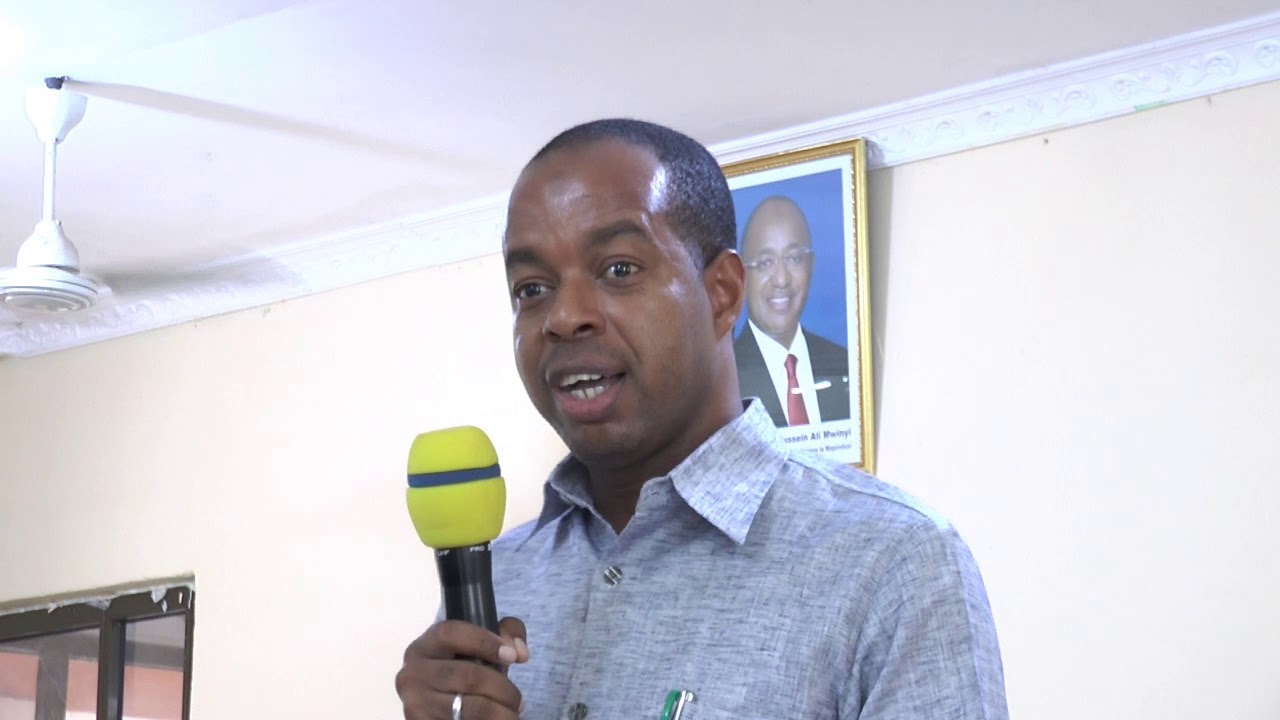AfricaPress-Tanzania: The Revolutionary Government of Zanzibar (SMZ) is in the process of evaluating the plan to die and then essential social services for the people to know its quality and effectiveness over a period of three years.
This was stated by the Minister of State for the President’s Office, Regional Administration and Special Departments of SMZ, Masoud Ali Mohamed while commenting on the devolution plan after many members of the House of Representatives complained that it had failed to meet the targets.
He said the aim of the devolution plan is to deliver essential social services directly to the grassroots to bring about efficiency.
Mohamed said it was three years now since the government announced a devolution plan to deliver essential services to the education sector, primary health and agriculture closer to the people.
Mohamed said it was important for the government to conduct the assessment to know its success and to what extent the services have reached the people and benefited from them.
“I directly agree with the members of the House of Representatives that there is a need to evaluate the devolution plan to devolve power to the people,” he said.
The Zanzibar government announced a devolution plan for the 2018 government budget, with the devolved sectors being agriculture, primary education and primary health care.
Some members of the House of Representatives who contributed to the speech on the state of the economy as well as the development plan and budget for the financial year 2021-22-2023 to 2024, expressed dissatisfaction with the implementation of the plan.
Bumbwini’s representative, Mtumwa Peya said since the government devolved the primary education sector various problems have arisen including failure to control the number of students in classrooms and shortage of teachers while failing to pay their benefits including allowances and fares.
“We have made devolution in the education and health sector but so far the Ministry of Education is facing problems of shortage of classrooms and teachers lacking allowances including subsistence, many of these responsibilities have now fallen on us state leaders,” he said.




